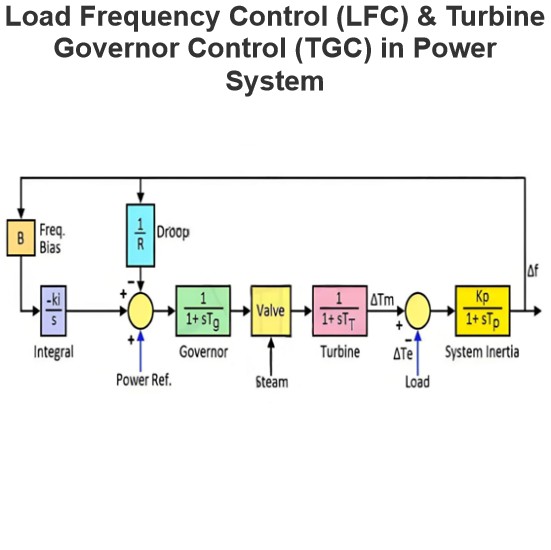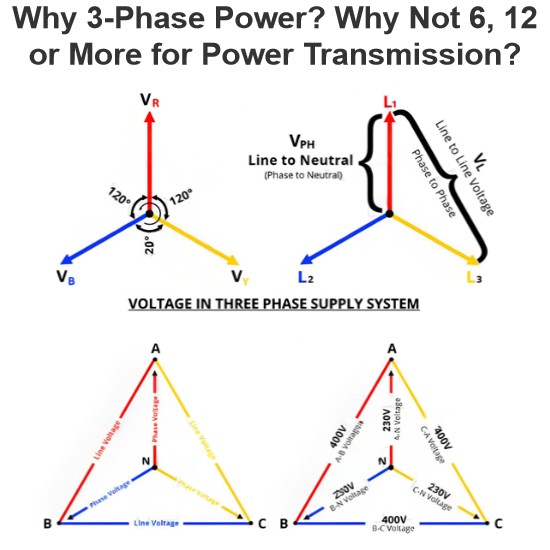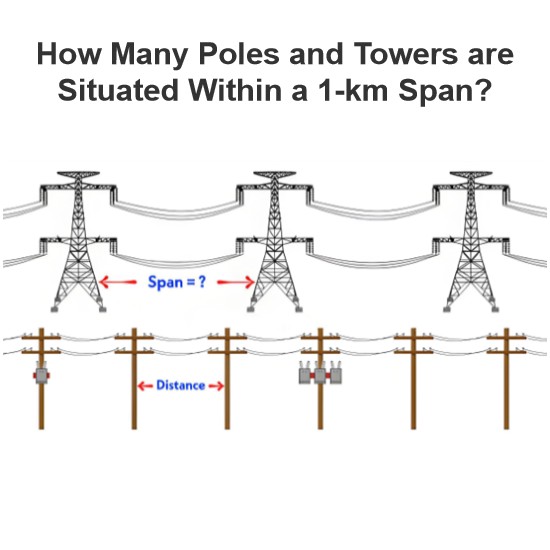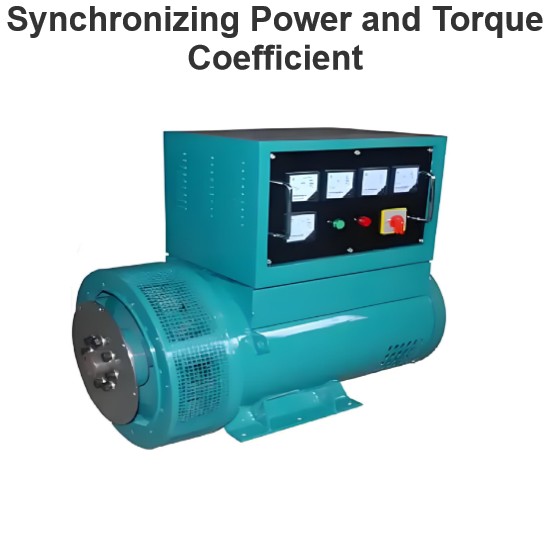What are problems in series capacitance and calculation?
Series Capacitors are widely used in power systems, especially in transmission lines to improve the transmission capacity of the system, improve voltage regulation and reduce losses. However, there are several key issues to note when designing and calculating series capacitors:
Voltage distribution problem
Description
When multiple capacitors are connected in series, the voltages on each capacitor are not necessarily equal, but are distributed proportionally according to their respective capacitance values.
Solution
Voltage equalizing resistors: Parallel voltage equalizing resistors on each capacitor can be used to equalize the voltage on each capacitor.
Voltage balancing circuit: Design a special voltage balancing circuit to ensure voltage balance.
Calculation formula
For capacitors in series, the equivalent capacitance Ceq and the voltage Vi on each capacitor can be calculated by the following formula:
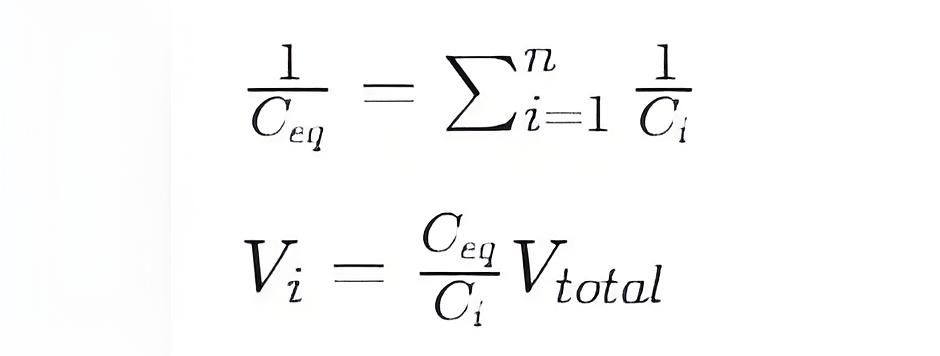
Where, Ci is the capacitance value of the i th capacitor, and Vtotal is the total voltage.
Thermal stability problem
Description
Series capacitors will heat up during operation, and if the heat dissipation is not good, it may cause the capacitor to overheat and damage.
Solution
Heat dissipation design: Ensure that the capacitor has a good heat dissipation design, such as heat sink or cooling system.
Selection: Select capacitor material with good thermal stability.
Resonance problem
Description
Series capacitors may resonate with the inductance of the system, causing the amplitude of the voltage or current to increase, which can damage the device.
Solution
Filter: Appropriate filters are added to the system to suppress the resonance.
Resonance analysis: Predict and avoid potential resonant frequencies through simulation analysis.
Fault protection
Description
Series capacitors need to be isolated quickly in case of failure, otherwise the entire system may collapse.
Solution
Protection device: Install fuses, circuit breakers and other protection devices.
Monitoring system: real-time monitoring of capacitor status, timely detection of faults.
Insulation problem
Description
Series capacitors need to have good insulation properties, otherwise breakdown may occur.
Solution
Insulation materials: Choose high quality insulation materials.
Test: Regular insulation test to ensure good insulation performance.
Dynamic response
Description
The performance of capacitors may change under dynamic load conditions.
Solution
Dynamic simulation: Using dynamic simulation tools to predict the response of capacitors under different working conditions.
Redundant design: A certain amount of redundancy is considered in the design to cope with load changes.
Maintnance and life
Description
Capacitor maintenance and replacement cycles need to be considered to ensure long-term stable operation of the system.
Solution
Regular maintenance: Make a regular maintenance plan to check the status of capacitors.
Replacement plan: Make a reasonable replacement plan to avoid problems caused by aging.
Calculation example
Suppose we have two capacitors in series C1=2μF and C2=4μF, and the total voltage applied is V total=12V, solving for the voltage on each capacitor.
First calculate the equivalent capacitance:
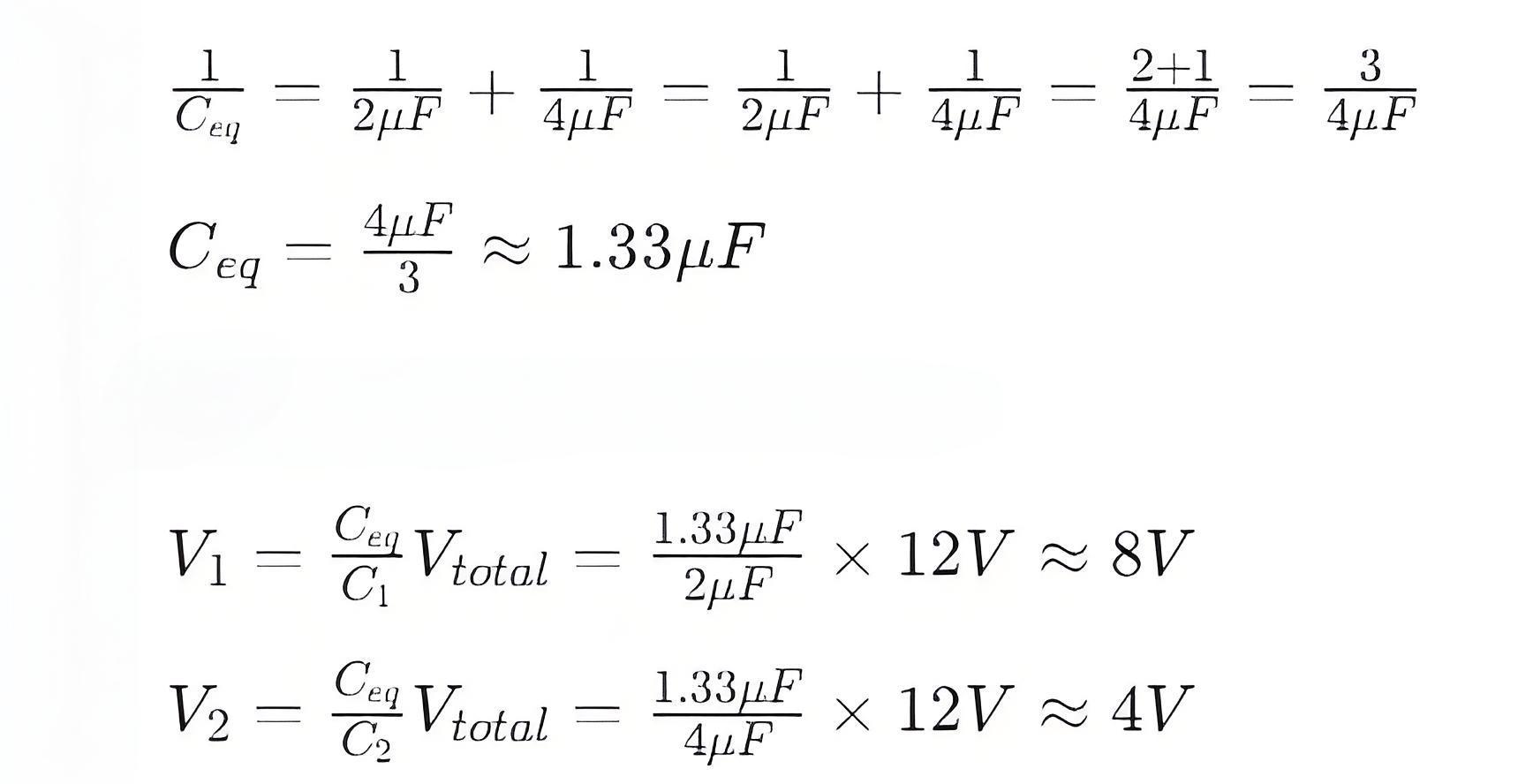
So we get the voltage across each capacitor. In practical applications, it is also necessary to consider the various issues mentioned above to ensure the safe and stable operation of series capacitor systems.
The Electricity Encyclopedia is dedicated to accelerating the dissemination and application of electricity knowledge and adding impetus to the development and innovation of the electricity industry.

